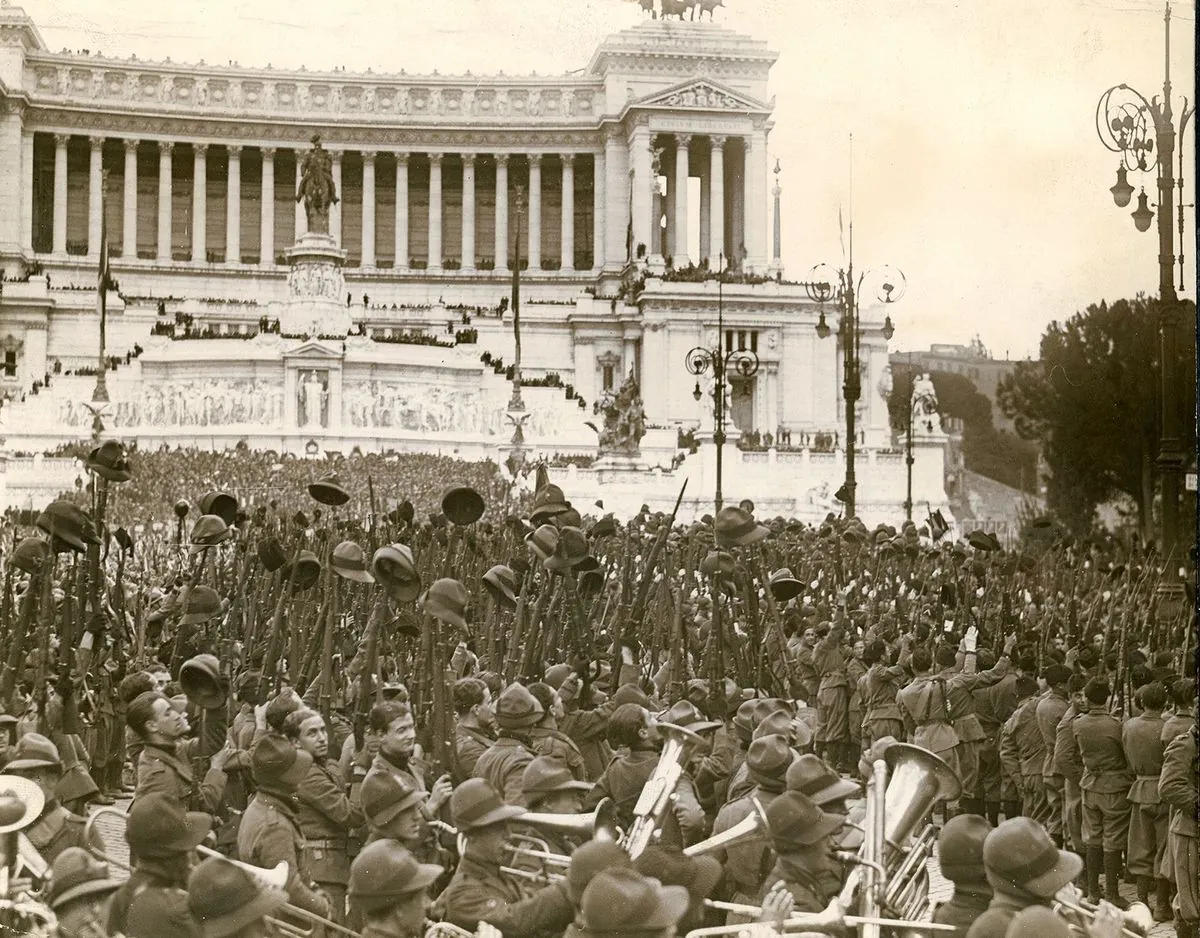In a significant political shift, Rachele Mussolini, granddaughter of Italy's former dictator Benito Mussolini, has announced her departure from the Brothers of Italy party. The 50-year-old Rome city councillor, who garnered the most votes in the 2021 municipal elections, has opted to join the more centrist Forza Italia group at City Hall.
Mussolini explained her decision, stating, "It is time to turn the page and join a party that I feel is closer to my moderate and centrist sensibilities." This move underscores the ongoing evolution of Italy's political landscape, particularly within its conservative factions.
The Brothers of Italy party, led by Prime Minister Giorgia Meloni, has its roots in the Italian Social Movement (MSI), which was established in 1946 as a successor to Benito Mussolini's fascist regime. Since assuming office in 2022, Meloni has attempted to rebrand the party as a mainstream conservative group. However, critics argue that this effort is largely superficial, pointing to the party's stringent positions on immigration, abortion, and same-sex parenting.
Forza Italia, while also advocating for traditional Christian values, is generally perceived as more liberal on civil rights issues. A political source revealed that rights-related concerns played a crucial role in Mussolini's decision to switch allegiances.
The departure of Mussolini from Brothers of Italy highlights the complex nature of Italian politics, where party loyalties often shift and new coalitions form. It also reflects the ongoing debate within conservative circles about the balance between traditional values and evolving societal norms.
A recent dispute over the gender of Imane Khelif, an Algerian boxer who competed against Italian Angela Carini at the Olympic games, further illuminated the ideological differences between Mussolini and Meloni. While Meloni questioned the fairness of the match due to Khelif's previous failure of a gender eligibility test, Mussolini defended the Algerian athlete, stating, "Until proven otherwise, Imane Khelif is a woman. And she has suffered an unworthy witch hunt."
This incident not only highlights the ongoing controversies surrounding gender testing in sports but also demonstrates the nuanced positions within Italy's conservative political spectrum. As the country continues to grapple with issues of civil rights, immigration, and traditional values, the realignment of political figures like Rachele Mussolini may signal broader shifts in Italy's political landscape.
"It is time to turn the page and join a party that I feel is closer to my moderate and centrist sensibilities."
As Italy approaches its next electoral cycle, the impact of Mussolini's departure from Brothers of Italy and the broader implications for the country's political dynamics remain to be seen. The move serves as a reminder of the complex interplay between historical legacies, contemporary politics, and evolving societal values in one of Europe's most influential nations.
